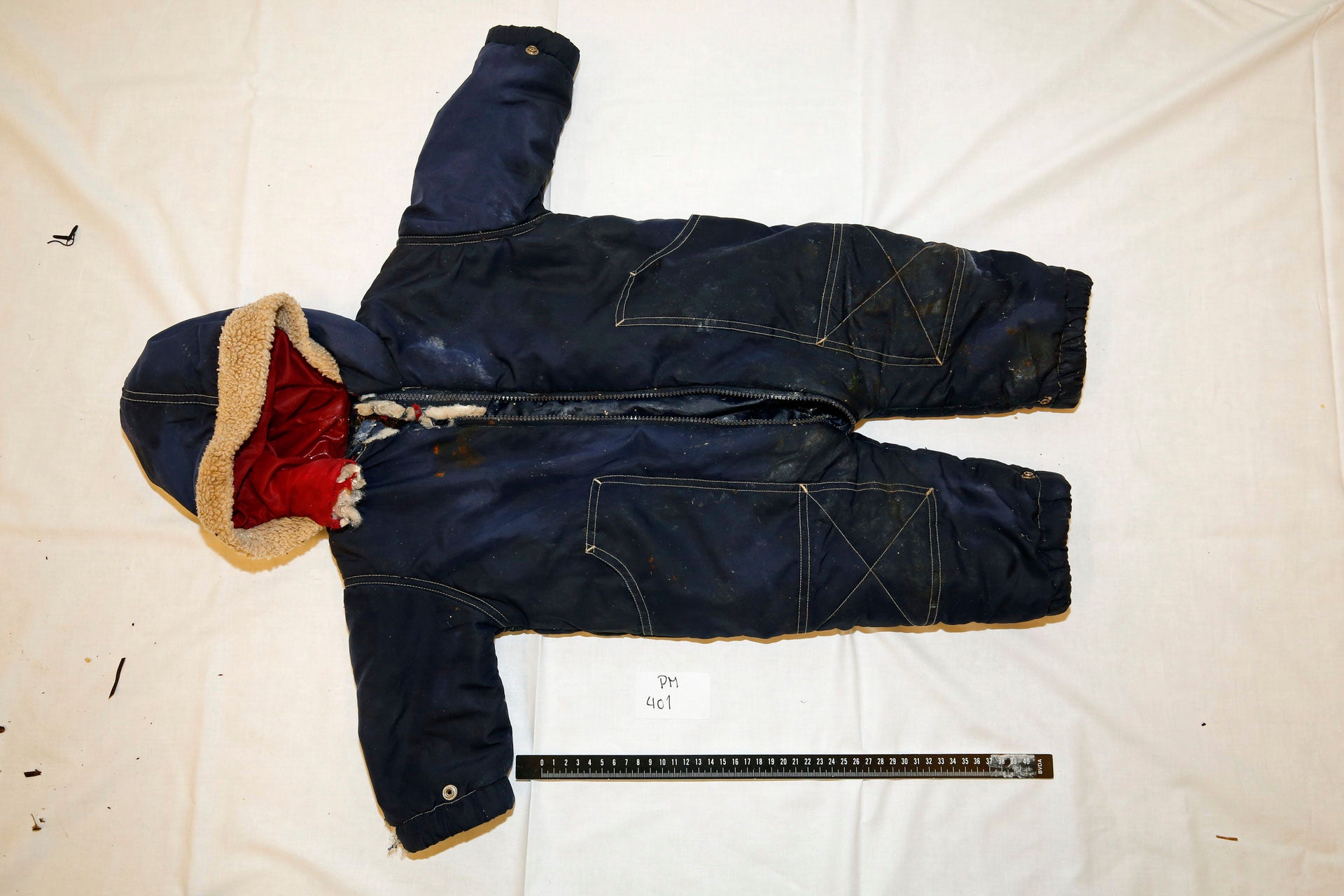Toddler who washed up on Norwegian island is identified
The body of a toddler who washed ashore on Norway’s southwest coast in January has been identified

Your support helps us to tell the story
From reproductive rights to climate change to Big Tech, The Independent is on the ground when the story is developing. Whether it's investigating the financials of Elon Musk's pro-Trump PAC or producing our latest documentary, 'The A Word', which shines a light on the American women fighting for reproductive rights, we know how important it is to parse out the facts from the messaging.
At such a critical moment in US history, we need reporters on the ground. Your donation allows us to keep sending journalists to speak to both sides of the story.
The Independent is trusted by Americans across the entire political spectrum. And unlike many other quality news outlets, we choose not to lock Americans out of our reporting and analysis with paywalls. We believe quality journalism should be available to everyone, paid for by those who can afford it.
Your support makes all the difference.The body of a toddler that washed ashore on Norway’s southwest coast on Jan. 1 has been identified. It's a missing 15-month-old Iranian boy who died months earlier in the English Channel hundreds of miles away when the smuggling boat carrying him, his parents and siblings capsized, Norwegian police said.
After finding the body, police in Norway carried out DNA tests to establish the toddler's identity. Their conclusion was that it was Artin Irannezhad, who disappeared on Oct. 27, some 500 kilometers (310 miles) south of the Norwegian island of Karmoey where he was found.
He and his family drowned when a group of migrants tried to cross the waterway from France to England Camilla Tjelle Waage of the local police in Norway said in a statement Monday.
The Norwegian DNA results confirmed an earlier hypothesis that it was Artin and was aided by the child's close relatives in the Scandinavian country.
“This story is tragic, but at least it is good to be able to give the survivors an answer,” Tjelle Waage said, adding it was “a painstaking process.”
For years, migrants have attempted to reach Britain by crossing the English Channel — considered on one of the world’s busiest waterways — in small, unseaworthy smuggling boats.